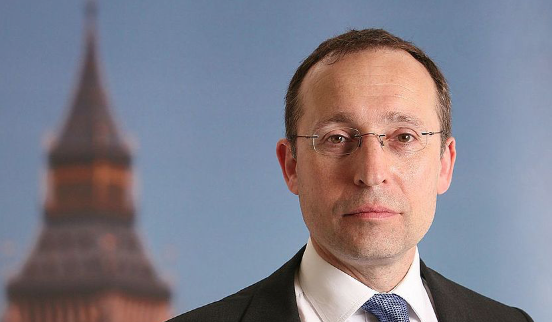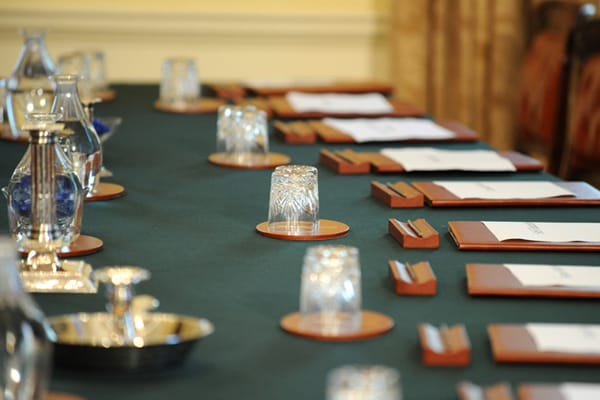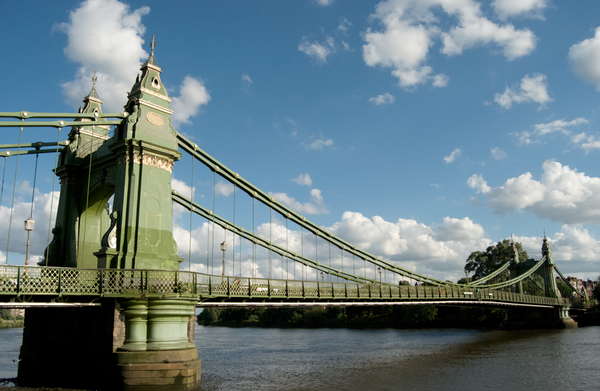Ireland votes “Yes" to legalising same-sex marriage
Ireland has made history as the first country in the world to legalise same-sex marriage by popular vote. The final results were 1,201,607 "Yes" votes to 734,300 "No" votes.

Ireland has made history as the first country in the world to legalise same-sex marriage by popular vote.
Over 3.2 million people were asked whether they wanted to amend Ireland’s constitution to allow gay and lesbian couples to marry, in a referendum asking the electorate to vote “Yes” or “No” to the statement “Marriage may be contracted in accordance with law by two persons without distinction as to their sex.”
The returning officer, Ríona Ní Fhlanghaile, declared that the “Yes” vote had won with 62.1% of the vote, thereby enshrining gay marriage in Ireland’s constitution. Of the 43 constituencies, just one voted against the amendment.
The Republic of Ireland's first openly gay minister, The Minister for Health Leo Varadkar, said the “Yes" campaign had been "almost like a social revolution".
The Yes vote was supported by the Government as well as all major political parties. The final result was announced on Saturday afternoon, after polls closed at 10pm on Friday with reports of “unusually high” turnouts for a vote on amending the constitution. The total turnout was 60.5%.
Irish citizens who are registered were allowed to vote, and many people returned home to Ireland to cast their vote.
This historic referendum comes only 22 years after homosexual acts were decriminalised in Ireland, and just five years since the Irish government first enacted civil partnership legislation, which provided legal recognition for gay couples.
Civil partnerships were a big step forward, but unlike marriages they are not protected in the constitution.
The Catholic Church, a large voice for the No vote, has seen its influence weaken in Ireland after child abuse scandals and the number of those attending church on Sundays has dropped off in the last two decades.
This gay marriage vote represents the latest pillar to fall in the social progression of Ireland - the previous milestones including divorce in 1995. Many commentators expect a referendum on legalising abortion to be on the horizon.
Same-sex marriages became legal in England and Wales in 2013, with Scotland closely following in 2014. Now, with the Republic of Ireland legalising same-sex marriage in 2015, only Northern Ireland is left as the last place in the British isles resisting legislation.
All countries before Ireland had legalised same-sex marriage through the national legislature or the courts.
This Irish vote puts the number of countries where same-sex marriage is legal to 20, but homosexuality is still a crime in 77 countries, and carries the death penalty in seven.
No campaigners say they still have questions surrounding child adoption and surrogacy for gay couples, but it is clear that the amendment has a strong mandate from the people of the Republic of Ireland.









